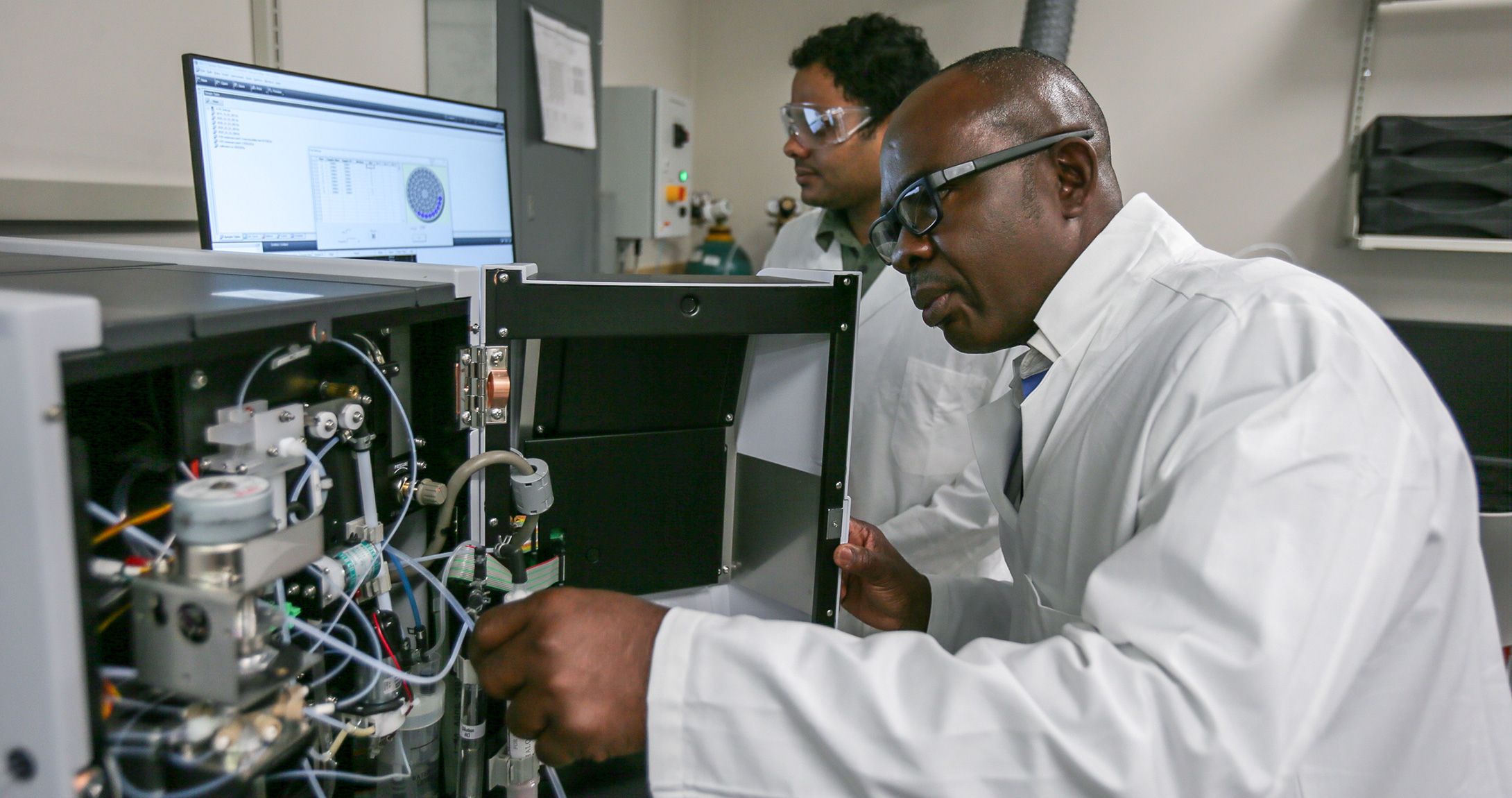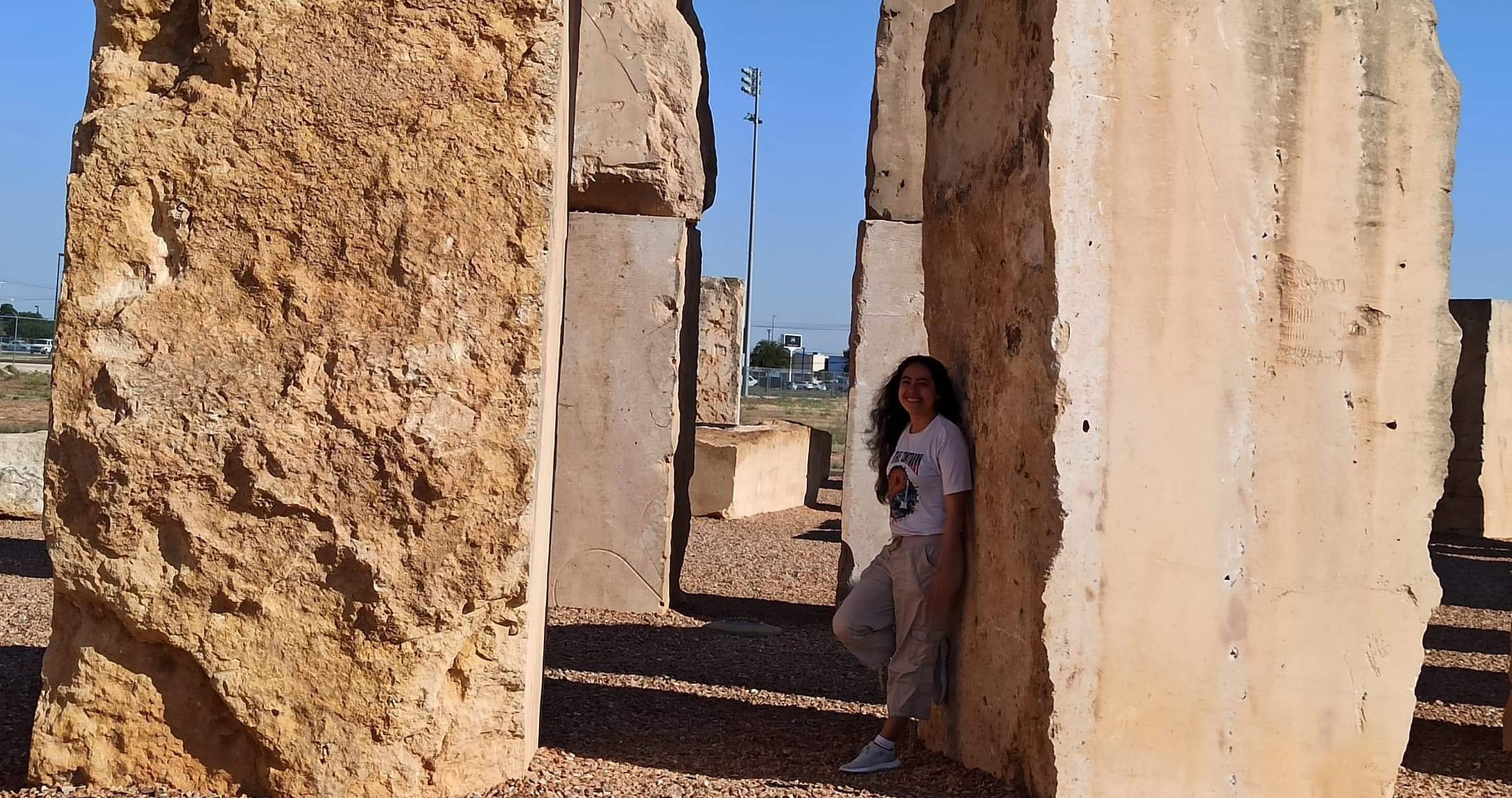The UTPB Texas Water and Energy Institute and the College of Enginering will play a critical role in several areas of research and development.
The University of Texas Permian Basin is part of a two-state (TX and NM), multi-institutional, $1 million planning grant award from The National Science Foundation (NSF) to strengthen research and support the implementation of technologies in the Permian Basin.
The UTPB Texas Water and Energy Institute and the College of Enginering will play a critical role in several areas of research and development including water and energy technologies, carbon and materials management, renewable power, produced water technologies, entrepreneurship, and regional education.
“This generous grant will help build strategic cross-sector partnerships and grow the energy-research expertise already in the Permian,” said UTPB’s Director of Texas Water and Energy Institute and Mechanical Engineering Professor, Dr. George Nnanna. “This collaboration will advance research in next-generation energy technologies, translate innovation into practice, and support workforce development throughout the region.”
The NSF is an independent federal agency that provides billions of dollars in grants each year to support basic scientific research. This NSF award will accelerate the Permian Energy Development Lab’s progress with particular attention to bridging the gaps between research, entrepreneurship, and job creation in the region. The Permian Energy Development Lab is a new initiative that was introduced earlier this year. The initiative serves as a partnership between seven Texas and New Mexico colleges and universities and three national laboratories. These institutions include: The Cynthia & George Mitchell Foundation, GTI Energy, Midland College, NREL Energy, New Mexico State University, New Mexico Tech, Odessa College, Sandia National Laboratories, Texas A&M University, The University of Texas at Austin, The University of Texas El Paso, and The University of Texas Permian Basin.
“NSF is seeding the future for in-place innovation in communities and grow regional economies through research and partnerships,” said NSF Director Sethuraman Panchanathan. “This will unleash ideas, talent, pathways, and resources to create vibrant innovation ecosystems all across our nation."
The grant funding is the first step toward a possible ten-year, $160 million investment from the NSF. The goal of this grant is to increase regional economic growth and address societal challenges in the energy epicenter of the world.
The UTPB Texas Water and Energy Institute and the College of Enginering will play a critical role in several areas of research and development including water and energy technologies, carbon and materials management, renewable power, produced water technologies, entrepreneurship, and regional education.
“This generous grant will help build strategic cross-sector partnerships and grow the energy-research expertise already in the Permian,” said UTPB’s Director of Texas Water and Energy Institute and Mechanical Engineering Professor, Dr. George Nnanna. “This collaboration will advance research in next-generation energy technologies, translate innovation into practice, and support workforce development throughout the region.”
The NSF is an independent federal agency that provides billions of dollars in grants each year to support basic scientific research. This NSF award will accelerate the Permian Energy Development Lab’s progress with particular attention to bridging the gaps between research, entrepreneurship, and job creation in the region. The Permian Energy Development Lab is a new initiative that was introduced earlier this year. The initiative serves as a partnership between seven Texas and New Mexico colleges and universities and three national laboratories. These institutions include: The Cynthia & George Mitchell Foundation, GTI Energy, Midland College, NREL Energy, New Mexico State University, New Mexico Tech, Odessa College, Sandia National Laboratories, Texas A&M University, The University of Texas at Austin, The University of Texas El Paso, and The University of Texas Permian Basin.
“NSF is seeding the future for in-place innovation in communities and grow regional economies through research and partnerships,” said NSF Director Sethuraman Panchanathan. “This will unleash ideas, talent, pathways, and resources to create vibrant innovation ecosystems all across our nation."
The grant funding is the first step toward a possible ten-year, $160 million investment from the NSF. The goal of this grant is to increase regional economic growth and address societal challenges in the energy epicenter of the world.



